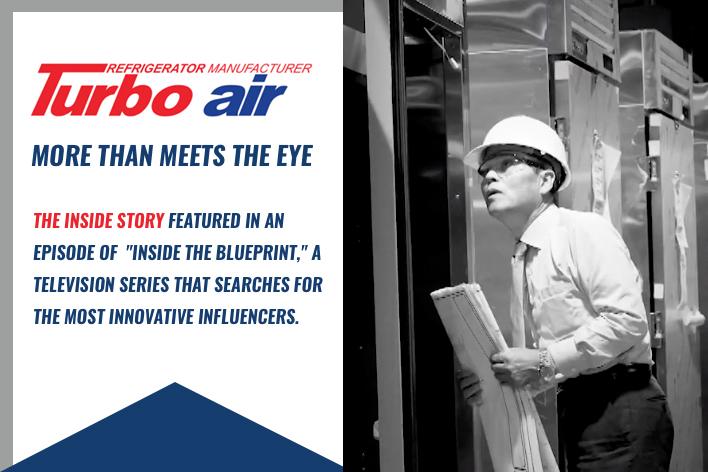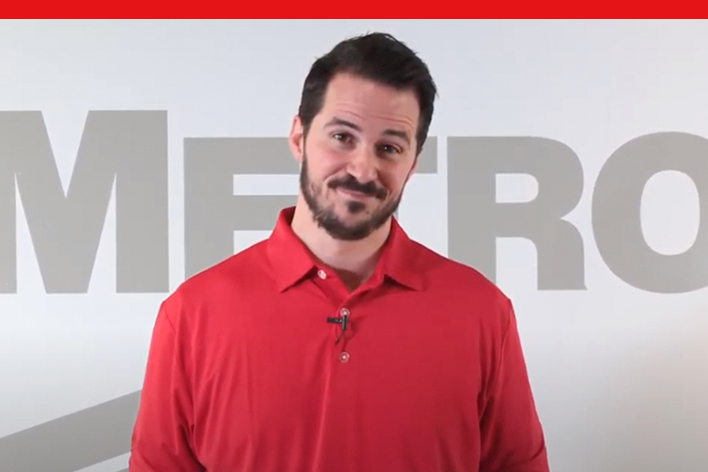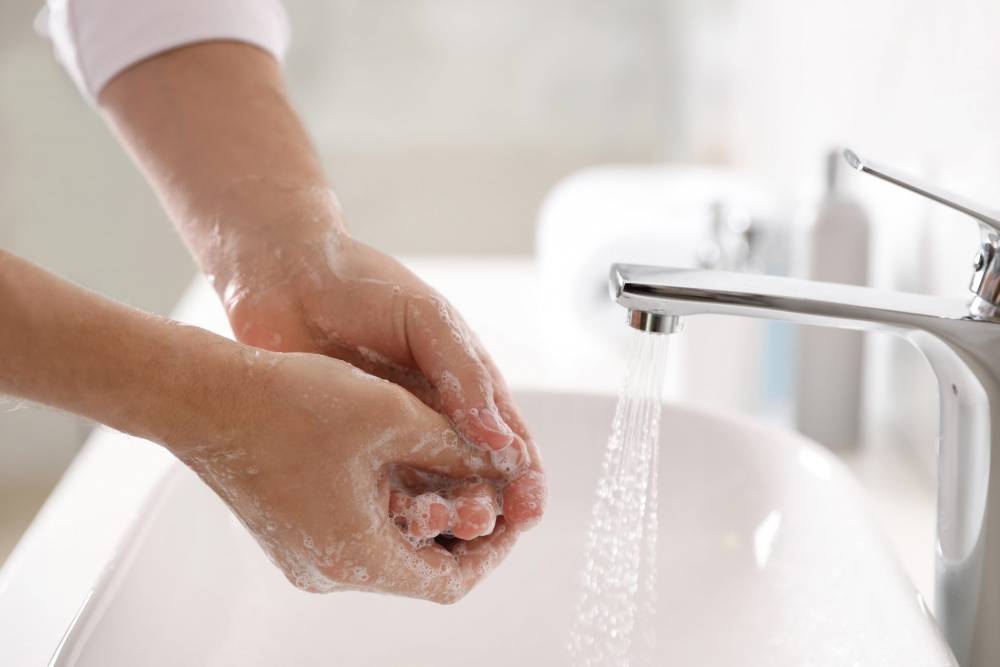By Lee Davis, CFSP
Why take ServSafe® training? Industry icon, Tedde Reid, the founder, President, and CEO of Supplies & Equipment Foodservice Alliance (SEFA) has often said: “If you work in this industry, you need to be ServSafe® certified.” For me that was enough (especially since she’s my boss). But there is little arguing that our industry, as well as our customers, benefit every time a ServSafe® Certificate is earned and issued.
Foodborne illness impacts customer health, an operator’s reputation, a business’s profitability, and in some cases, their complete viability. The CDC estimates that there are as many as 47 million cases of foodborne illness in the U.S. each year, and the key to understanding the need for ServSafe® training is to recognize that food safety decisions are made (or not made) at every point of the foodservice process from construction of the building right up to daily operations that include cooking and cleaning.
Designers create layouts that promote the safe and efficient flow of food throughout the facility. Builders use materials that are easy to clean and resistant to bacteria. Consultants specify equipment that is easy to clean and includes additional food safety features and benefits. Dealers sell equipment and smallwares that help Operators maintain safe practices. Operators, Chefs and employees implement procedures to receive, store, prep, cook and serve food. They also implement warewashing and facility sanitation practices. Even the person who empties the garbage at the end of the day takes steps that can limit bacterial growth and prevent insect and vermin from becoming a problem. But for all of this to happen, knowledge of the issues and best practices is required.
The National Restaurant Association’s ServSafe® Food Protection Manager Course and certification is accredited by the American National Standards Institute (ANSI)-Conference for Food Protection (CFP). It is recognized by more federal, state and local jurisdictions than any other food safety certification. In most jurisdictions, either State or County regulators require that foodservice managers gain certification, or demonstrate knowledge of food safety practices.
The ServSafe® curriculum teaches:
- The importance of food safety for customers and operators
- Good personal hygiene for food handlers and servers
- Time and temperature controls that help protect food
- How to prevent cross-contamination in foodservice operations
- Proper cleaning and sanitizing for foodservice operations
- Safe food preparation practices
- How to properly receive and store foods
- Safe methods of thawing, cooking, cooling and reheating food
- Food safety regulations
- Pest control for foodservice operations
- And more.
If you’re an Operator, invest in your own reputation and success by training your employees and managers with ServSafe®. If you’re an employee, invest in yourself by taking a ServSafe® class. Even if you’re not a foodservice manager, maybe you’d like to be one. Taking the course shows current and future employers your level of commitment and initiative. If you work in a profession that provides goods and services for foodservice operators, then take ServSafe®. It will help you provide solutions for your customers. That earns you sales and helps them succeed.
For more information go to www.servsafe.com. Their online customer support can provide information and help you find a course near you.






